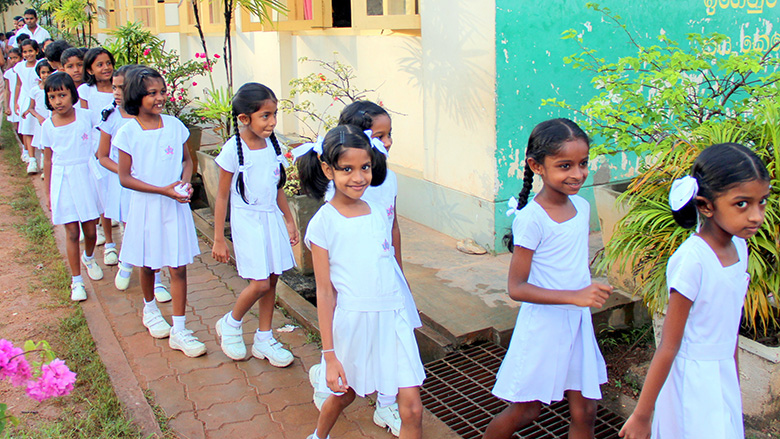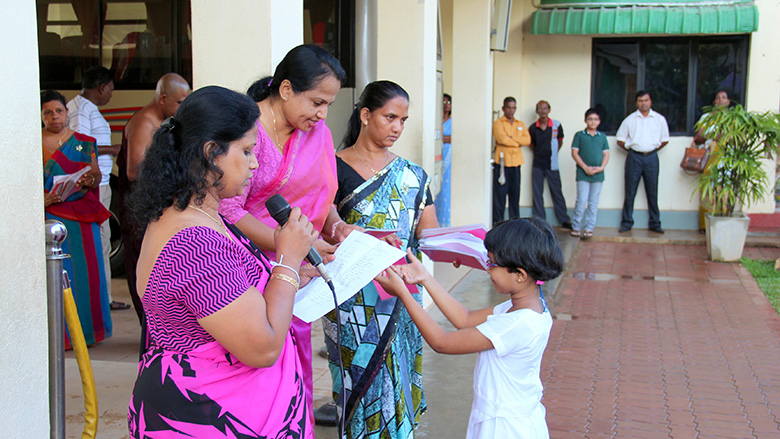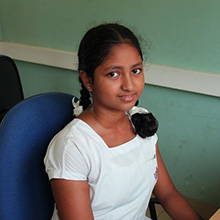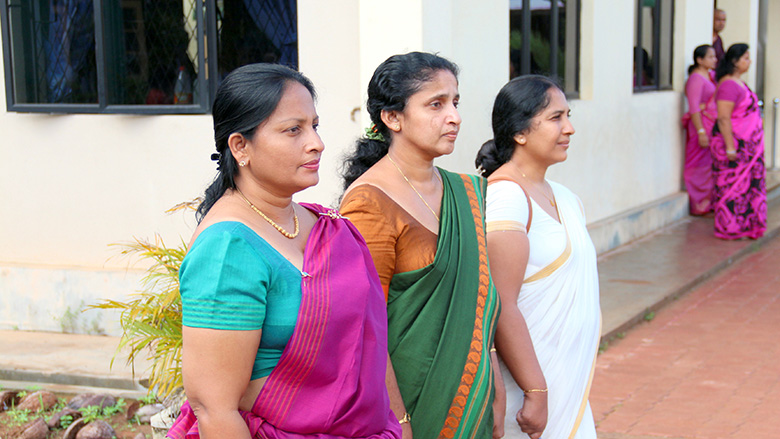The school semester is reaching its end and white uniform-clad students anxiously await the pink report cards to be handed out by their teachers. The scene takes place in the Sujatha Balika Vidyalaya School, located in an area of Colombo where many urban poor reside.
The school used to be empty and, upon its founding in 2009, accommodated only 10 students. Now the school is thriving and more than 1,000 students are learning a variety of subjects: English, computer science, and religion – all thanks to the school principal whose leadership paved the way for girls’ education.
An Unequal Education System
Sri Lanka involves about four million children and 215,000 teachers in 10,000 schools. However, public investments in education are modest compared to countries with similar income status. Education expenditure accounts for 1.9 percent of GDP, roughly 7.3 percent of the government’s budget.
In addition, skills in high demand in the global knowledge economy, such as English, information and communications technology (ICT), science, and mathematics are not widely taught and significant regional disparities persist.
With support from the World Bank, the Ministry of Education introduced in 2012 the Program for School Improvement (PSI), which aims to give schools more managerial independence to help improve school performance and student learning. The program is implemented in partnership by the School Development Committee (SDC) and School Management Committee (SMC) under the leadership of designated school principals, who are responsible for executing all elements of the PSI cycle in their schools. So far, 6,500 schools have completed the PSI cycle from 2012-2014, out of 10,000 public sector schools in Sri Lanka.




